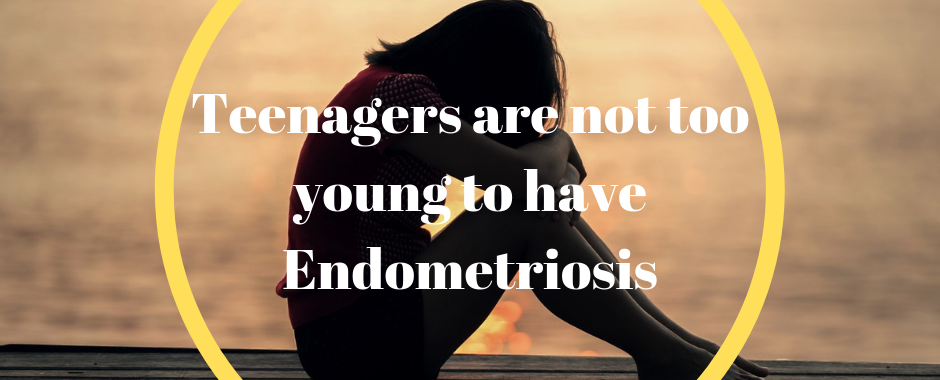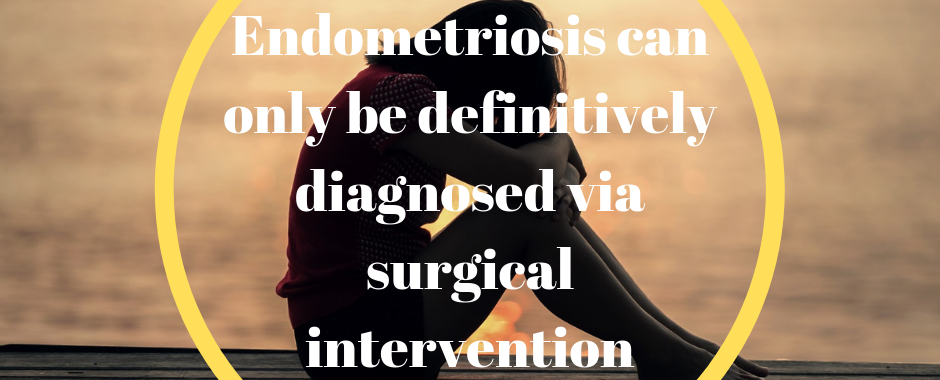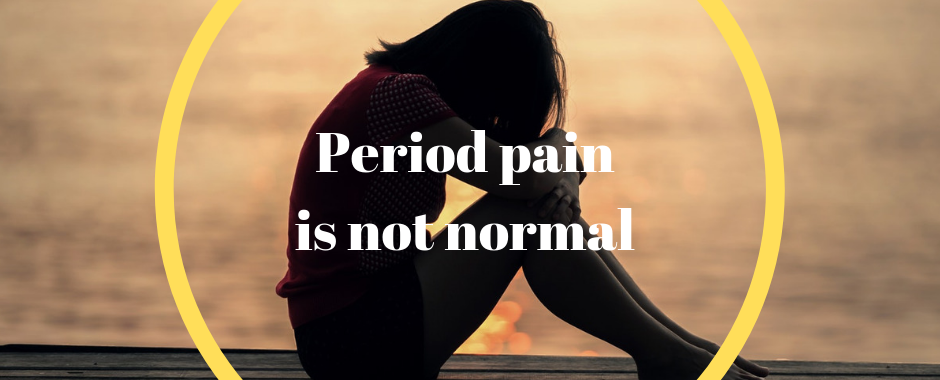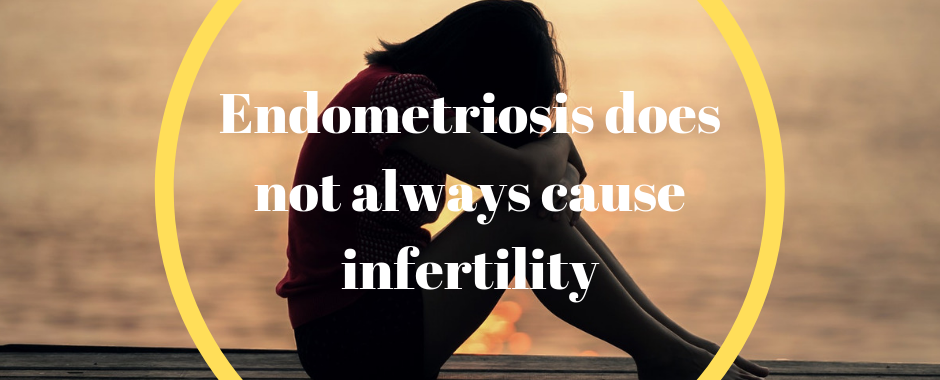The reason for this post is to talk about Electrolytes and how important they are for the body. I also need to let people know what proper electrolytes are.
Electrolytes are so important for the body and we actually need to replenish them on a regular basis. Water alone is not enough to hydrate you properly and therefore we need electrolytes for proper hydration and to carry fluids around our body. They also have so many other important actions.
Every single one of us needs electrolytes to be able to survive. Many of our bodily functions require an electric current to function, and electrolytes provide this charge.
Electrolytes are substances that help to conduct electricity when it is dissolved in water. These Electrolytes also interact with each other and the cells in the tissues, nerves, and muscles. A balance of different electrolytes, in the right ratios, is so important for everyone to function daily and to support optimum health.
What are Electrolytes and what do they do for us?
As mentioned before, electrolytes are chemicals that help to conduct electricity current in the body and they also regulate our nerves and help our muscles to function. They also help with the rebuilding of damaged tissue. Muscles and tissue rely on electrolytes to hydrate the cells and the fluid inside them. The heart, muscles and nerves cells also use electrolytes to carry electrical impulses to the cells and other parts of the body.
Their most important function of Electrolytes is hydrating the body, but they also help to balance blood acidity and blood pressure as well. Without proper electrolyte balance people can die. This is why they are so important and people need to know about them. As mentioned before, while water is important for hydration, electrolytes are just as important.
Common electrolytes include are sodium, potassium, calcium , bicarbonate, magnesium, chloride and phosphate. When these substances become imbalanced, it can lead to either muscle weakness or excessive contraction. All our muscles needs calcium, sodium, and potassium to contract. The heart, muscle, and nerve cells use electrolytes to carry electrical impulses to other cells.
These electrolytes also need sugar to help transport them and I will talk about this later. To maintain hydration, there needs to be a balance of electrolytes and sugar, in very specific ratios.
Symptoms of Electrolyte Imbalance
Symptoms will depend on which electrolyte is out of balance. The symptoms of electrolyte imbalances can show as the following:
- Muscles Spasms and cramping
- Muscles Twitching
- Weakness and fatigue
- Excessive tiredness
- Dry mouth and throat
- Not able to quench ones thirst
- Irregular heartbeat and palpitations
- Changes in blood pressure
- Bone disorders and aching bones
- Confusion and lack of mental clarity
- Headaches and Migraines
- Seizures
- Numbness
- Nervous system disorders
- Convulsions
- Loss of appetite
- Nausea
- Feeling faint
- Dizziness
- Moodiness and Irritability
Causes of Electrolyte Imbalances
There are many reasons for an electrolyte imbalance and especially those suffering from dehydration symptoms. These include:
- Prolonged periods of illness, such as vomiting and diarrhea
- Severe Dehydration
- Not staying hydrated before and after exercise
- Prolonged periods in Air-conditioning (due to drying affect)
- Bladder issues (excessive urination, frequent urination, incontinence)
- Pregnancy (due to frequent urination)
- Kidney disease
- Poor diet and nutrition
- Incorrect acid and alkaline balance in the body
- Congestive Heart failure
- Cancer treatments
- Some drugs, such as diuretics and steroids
- Pain Medications
- Eating disorders
- Menopause
- Age, as the kidneys become less efficient as we get older
Monitoring and Testing for Imbalances
If you are feeling any of the symptoms above, or have any of the known causes of electrolyte imbalance, taking a proper electrolyte solution is a good idea. If you are feeling symptoms of dehydration, you should take an electrolyte solution anyway.
There are ways to tests for electrolyte imbalances and these are more fined tuned for which electrolyte may be out of balance. This test is called a Electrolyte panel and this is used to screen for imbalances of electrolytes in the blood and measure acid-base balance and kidney function. Your doctor may order this test to also monitor the progress of treatment relating to a known imbalance. Many drugs and hormone treatments can affect our electrolyte imbalance and it is important to monitor these effects.
Oral Hydration Therapy
Most people will know of oral hydration solutions for dehydration, or after long periods of illness. This treatment is used mainly for people experiencing an electrolyte shortage alongside dehydration, normally following severe vomiting or diarrhoea.
It is important to know what proper electrolyte solution is because some of the so called sports drinks (Powerade, Gatorade) are not electrolytes and should not be used as such. These are really just highly coloured cordials with a bit of extra salt in them.
Those so called sports drinks are not electrolytes and are really over commercialised cordials. They are not even allowed to call themselves an electrolyte solution and nowhere on the bottle will you find the word ‘electrolyte’. They may be able to call themselves re-hydration fluids, but they cannot call themselves and electrolyte, because that would be false advertising. Any drinkable fluid can call itself a re-hydration fluid.
People taking these so called sports drinks thinking they are an electrolyte, could be seriously putting themselves in danger using them thinking they have a therapeutic value.
The World Health Organisation (WHO) has approved a solution to be used in oral re-hydration therapy that contains:
- 6 grams (g) of sodium
- 5 g of potassium chloride
- 9 g of sodium citrate
These are dissolved in 1 litre (l) of water and given orally.
There are now proper electrolyte solutions available through chemists and drugs stores.
The ratios of Electrolyte solutions are important
When using a proper electrolyte solution, it is important that the ratios of electrolytes are in the right proportion. It isn’t just about taking an isolated electrolyte, especially when it comes to dehydration. The world health organisation has standards that these electrolyte ratios should be at, especially for proper hydration after illness.
Electrolyte levels can change in relation to water levels in the body as well as other factors. Important electrolytes are lost in sweat during exercise, if someone is urinating too much, through air-conditioning, illness, certain medications, taking hormones and so much more.
The most common electrolytes imbalances are usually sodium and potassium. The concentration can also be affected by rapid loss of fluids, such as after a bout of diarrhoea or vomiting.
Water alone will not hydrate someone after an illness and if someone is dehydrated. This is why it is important to get proper ratios of electrolytes into a person after an illness otherwise they could become severely ill, or even die.
Sugars Role in Re-hydration
These days people are worried about any solution that contains sugar. I often get people telling me they don’t want to have proper electrolyte solutions because they contain sugar. But, all electrolyte solutions need to have a certain amount of sugar in them. This is the one of the only times I will look at sugar in a positive light.
Sugar plays an important role in replenishing and transporting electrolytes around the body and into cells. What many people do not understand is that rapid and effective hydration depends on the active co-transport of glucose and sodium molecules through the small intestine. In other words, this means that the sugar is needed to help you absorb the electrolyte.
If there’s no sugar in your electrolyte solution, it will not activate the co-transport of glucose and sodium for your body to rapidly replace fluid and electrolytes you’ve lost through sweating, illness, or other factors. It is all about the ratios of what is in the electrolyte solution and these need to be very specific to have a therapeutic value.
When there is too much sugar, such as in these so called sports drinks, you can be left feeling bloated and uncomfortable. Too many of them can also put your diabetes risk up too. Because there are not proper ratios of electrolytes in these drinks, you are not getting a therapeutic value out if it either.
Research has shown that drinks with high sugar concentrations can lead to unpleasant feelings of fullness, and delayed emptying of the stomach. These sugar drinks can also lead to other health issues as well. Many of them are full of additives and colourings as well. This is why it is important to know what a proper electrolyte solution is, and know the difference between sports drinks and a proper therapeutic electrolyte drink
Coconut Water
While coconut water does contain some electrolytes, we cannot regard it as a therapeutic electrolyte. Too much coconut water can also cause stomach upset as well. Coconut water can be used as part of your daily hydration and is another way of maintaining some crucial electrolytes in the body.
Foods and Electrolytes
There are many foods that we eat daily that contain sodium, calcium, potassium, chloride and magnesium. It is still vital to have these foods to maintain electrolyte balance in the body. Just remember that when you are sick, or are severely dehydrated these electrolytes get depleted and this is why you need an electrolyte solution for rapid hydration.
Fertility, Gynaecology, Pregnancy and Electrolytes
Many of the hormones used in IVF and gynaecology can interfere with our electrolyte balance and why I recommend the use of electrolytes to my patients.
Long term pain, use of steroids, pain medications, hormones etc, can all interfere with certain electrolytes and their absorption into the body. Some medications and hormones actual cause depletion of crucial electrolytes too.
Electrolytes can help with pain management and muscle spasms etc, that many gynaecological conditions, such as endometriosis can cause.
Electrolytes of Ovarian Hyperstimulation Syndrome (OHSS)
Electrolytes are also needed for a dangerous condition called Ovarian Hyper-stimulation Syndrome (OHSS). This dangerous condition is caused by hormones hyper-stimulating the ovaries, which can lead to the painful and sometimes fatal condition. Yes, OHSS can kill you if it isn’t monitored and managed properly. One of the things that helps with the prevention, and the treatment of this syndrome, is proper therapeutic electrolyte solutions.
Pregnancy
Pregnancy is also a time where electrolytes can be out of balance. This can be due to excessive urination and also because the baby stripping you of nutrients and electrolytes also.
If you are Pregnant, or undertaking IVF, or fertility treatments, have a gynaecological condition etc, electrolytes should be a part of your treatment and management.
Final Word on Electrolytes
Electrolytes are a very important and vital part of a person’s chemical makeup, and an imbalance can affect the body’s ability to function properly. Regular monitoring and consuming electrolytes after intense exercise, profuse sweating, illness and even certain medications can help to preserve your body’s levels.
So next time you are drinking lots of water and not quenching your thirst, it may be time to get some electrolytes into you. If you feel faint, or dizzy, or have muscles cramps etc, this could be one of the reasons also. We all need them on a regular basis. Just make sure they are a proper electrolyte and not the lolly water rip offs that line the supermarket shelves. Please remember to stay hydrated at all times and while water is needed for this to happen, electrolytes are a very important part of this also.
Take care and stay hydrated and healthy. If you do want to know what good electrolyte is and the one I recommend, then please call, or email, my friendly staff and they will be able to assist you.
Regards
Andrew Orr
-No Stone Left Unturned
-Women’s and Men’s Health Advocate
-The Women’s Health Experts









